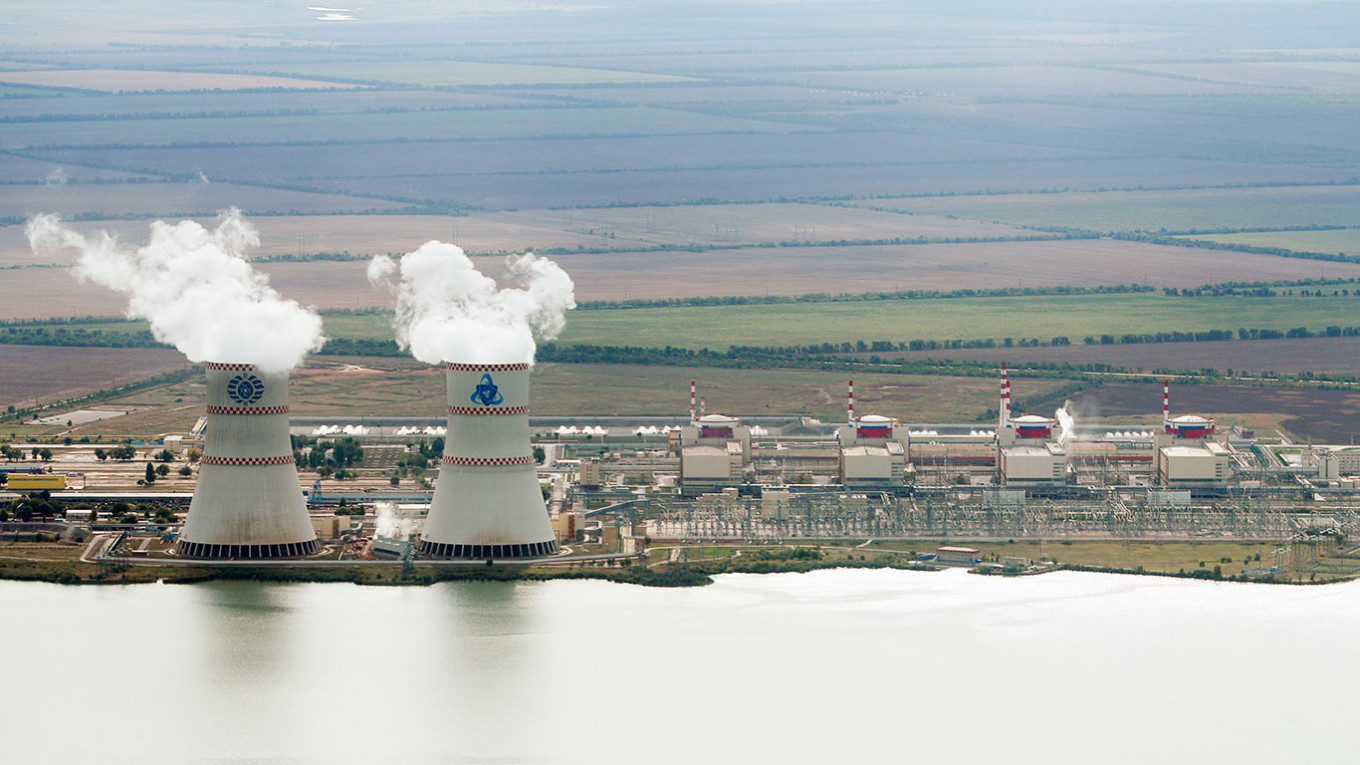Mali has inked a groundbreaking memorandum of agreement with Russia-based Rosatom to construct one of West Africa’s first nuclear plant. The governments of Mali and Russia have signed three memorandums of understanding on nuclear energy. The agreements aim to strengthen cooperation between the two countries and position Mali as a key player in the energy sector in West Africa. The agreements were signed on the occasion of a Russian delegation’s visit to Bamako led by Sprassky Nikolay Nikotavich of the Russian energy company Rosatom.
The first memorandum, signed by the Malian Minister of Energy and Water, Bintou Camara, and the representative of Rosatom, is aimed at strengthening the assessment and development of nuclear infrastructure in Mali. The second agreement aims to raise public awareness of the peaceful use of nuclear energy. The third memorandum, signed by the Minister for Higher Education and Scientific Research, Bourema Kansaye, concerns the training of managers in the nuclear energy sector. It concerns the training of managers in the nuclear energy sector.
Mali’s First Nuclear Power Plant as a Significant Endeavor
The construction of one of West Africa’s first nuclear power plants in Mali is highly anticipated for its significance to the nation. Mali is currently facing an energy crisis that is causing numerous economic downsides. The nation seeks to diversify its energy source other than its reliance on hydroelectric energy as its main power source. Upon completion, the nuclear power plant is expected to facilitate mitigating the nation’s energy crisis. Furthermore, it will facilitate adding more Mali’s citizens to the grid to access cheap and affordable electricity. The signing of the memorandum of agreement is also significant as Mali joins Ghana in the race to construct West Africa’s first nuclear power plant. African countries are exploring the possibilities of harnessing nuclear energy to facilitate energy production. It also exacerbates the process of achieving a 100 per cent green energy transition.
Also read:
The Challenges that are Expected to Face Mali in its Ambitious Endeavor
Even though the construction of Mali’s first nuclear power plant is an achievable and ambitious endeavour by the nation, there may be setbacks. There are risks associated with nuclear energy, including radiation, waste management, and potential accidents. With the assistance of Russia’s Rosatom, Mali intends to put strict security measures in place to minimize these dangers. The infrastructure will be built to the highest international standards to protect the population and the environment. In addition, there are plans to implement rigorous safety protocols to prevent accidents. Furthermore, they will also ensure the safe management of nuclear waste. Rosatom also seeks to develop local skills to manage nuclear infrastructures and guarantee their safety effectively. This includes technical training for engineers and communicators responsible for raising public awareness.
Nuclear Energy as a Compliment to West Africa’s Largest Solar Plant in Mali
The government of Mali is leading by example in propagating African countries to harness their renewable energy sources’ potential. Apart from constructing its first nuclear power plant, Mali recently inaugurated West Africa’s largest solar plant. Mali and Russia started the construction of West Africa’s largest solar power plant. The plant comes in when the West African country struggles to provide electricity to half its population.
Also read:
Mali Commences Construction of West Africa’s Largest Solar Plant
Tender launched for the construction of Sanankoro gold mine in Mali
